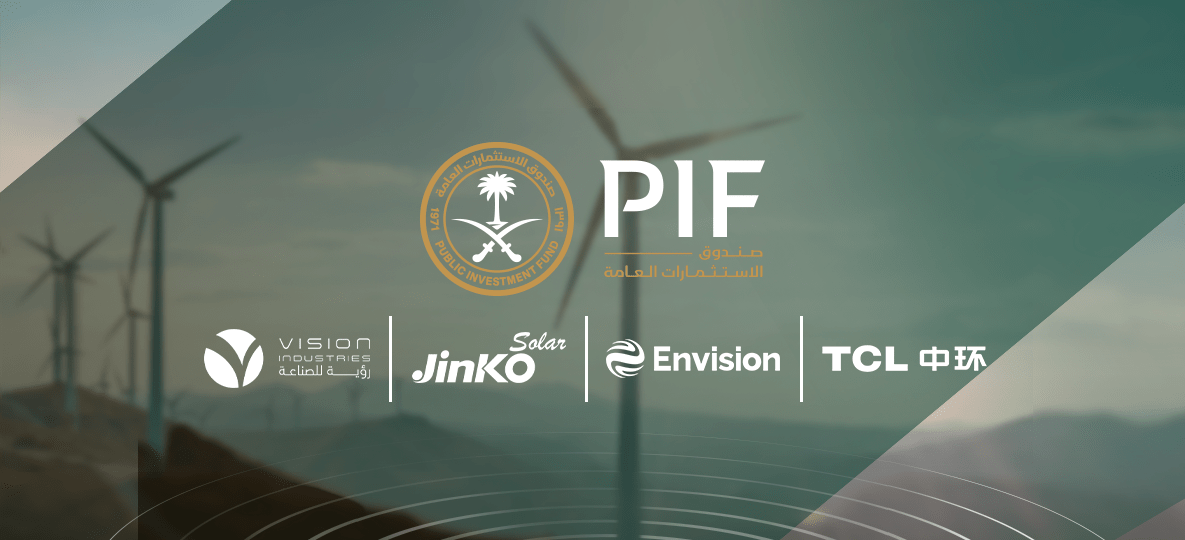- Corporations produce emissions in unexpected ways, from web searches to employees’ smartphone use.
- The MENA-region Voluntary Carbon Market, set to be launched by PIF and the Saudi Exchange, will help all companies – not just the “obvious” polluters – offset what they pump into the atmosphere.
Businesses have a pivotal role to play in addressing climate change by reducing their carbon footprints. If they do this successfully, they will be meeting the responsibility we all share to do what we can to preserve our environment, and make better use of the Earth’s resources.
Manufacturing, industry and transport are among the most obvious sectors generating carbon emissions globally. Yet almost all businesses, from cutting-edge tech startups to centuries-old legal firms, engage in activities that directly or indirectly contribute to climate change. So they also have a role to play.
Understanding how to measure, track and reduce carbon emissions can feel overwhelming, particularly in light of the myriad ways they are produced. A company’s impact may not be immediately obvious to the eye – not every business is a coal-fired power plant – and yet, in almost every case, it is still tangible.
Take the ubiquitous use of computers in the workplace. The average internet user generates 130 kg of carbon per year, according to research by Carbon Analytics. Consider also the smartphone, another staple of modern business life: a 2020 estimate from McMaster University found that our mobile handsets are linked to a combined 125 megatons of CO2 equivalent emissions a year. All this means that every company has a responsibility to address their carbon emissions – either by reducing, or by offsetting through the use of carbon credits.
Doing nothing is not an option, and this urgent need for action is exactly why PIF is launching the first Voluntary Carbon Market (VCM) in the Middle East and North Africa (MENA). With its aim of helping all types of companies, large and small, reduce their greenhouse gas emissions and make a positive impact on the climate, the VCM represents a game changer for our region. It is already working with market partners – including Aramco, Saudia, ACWA Power, Ma’aden, and ENOWA (a subsidiary of NEOM) – to encourage the supply, purchase and trading of carbon credits, and more partners are looking to join every day.
The VCM will complement businesses’ existing Net Zero efforts by connecting the supply of carbon credits with demand from investors, corporations and institutions wanting to reduce their environmental footprints. Seeking out carbon credits of the highest integrity and quality, the market will be an important tool in meeting the world’s need for secure, affordable and sustainable energy.
Regional companies and institutions are uniquely positioned to be buyers of these credits, as well as suppliers of choice. They will be able to connect through the VCM, enabling investors and companies across MENA to reduce and potentially neutralize their carbon footprints. This will also spur the financing of environmental projects in the region, and ultimately position Saudi Arabia as a global hub for carbon trading. All in all, it’s an incredibly exciting moment for our region.
The VCM will also support the Saudi Green Initiative, the drive to cut carbon emissions supported by the Ministry of Energy, and the wider national goal to reach Net Zero by 2060. It will contribute to developing the country’s green economy, providing significant investment opportunities for the private sector in accordance with Vision 2030, the transformative social and economic reform blueprint that is opening the country up to the world.
The MENA region has the potential to provide some of the world’s cleanest energy sources, whether from renewable or even fossil fuels. For example, Saudi Arabia’s crude oil production has the lowest carbon emissions per barrel among major petro-players. The country also has a young population and the VCM will have a strong role in empowering the leaders of tomorrow to shape a better future.
We have already seen how airlines such as Saudia give customers the option to offset their share of carbon emissions by contributing to environmental projects. Such programs, which typically involve tree planting or renewable energy projects, encourage individuals to think about their personal carbon profile. They will hopefully encourage other business, across all sectors, to consider how to offset their own, often less obvious, emissions.
While the region has some of the highest greenhouse-gas emissions per capita, according to the Intergovernmental Panel on Climate Change, highlighting the need for action – and the transformative role that PIF’s VCM can play. But for it to work, every single one of us must answer the call to be an agent of change. Together we can make an enormous difference.
If your company is considering how to take impactful action towards a thriving future for people and planet, please reach out to MVCM@pif.gov.sa





